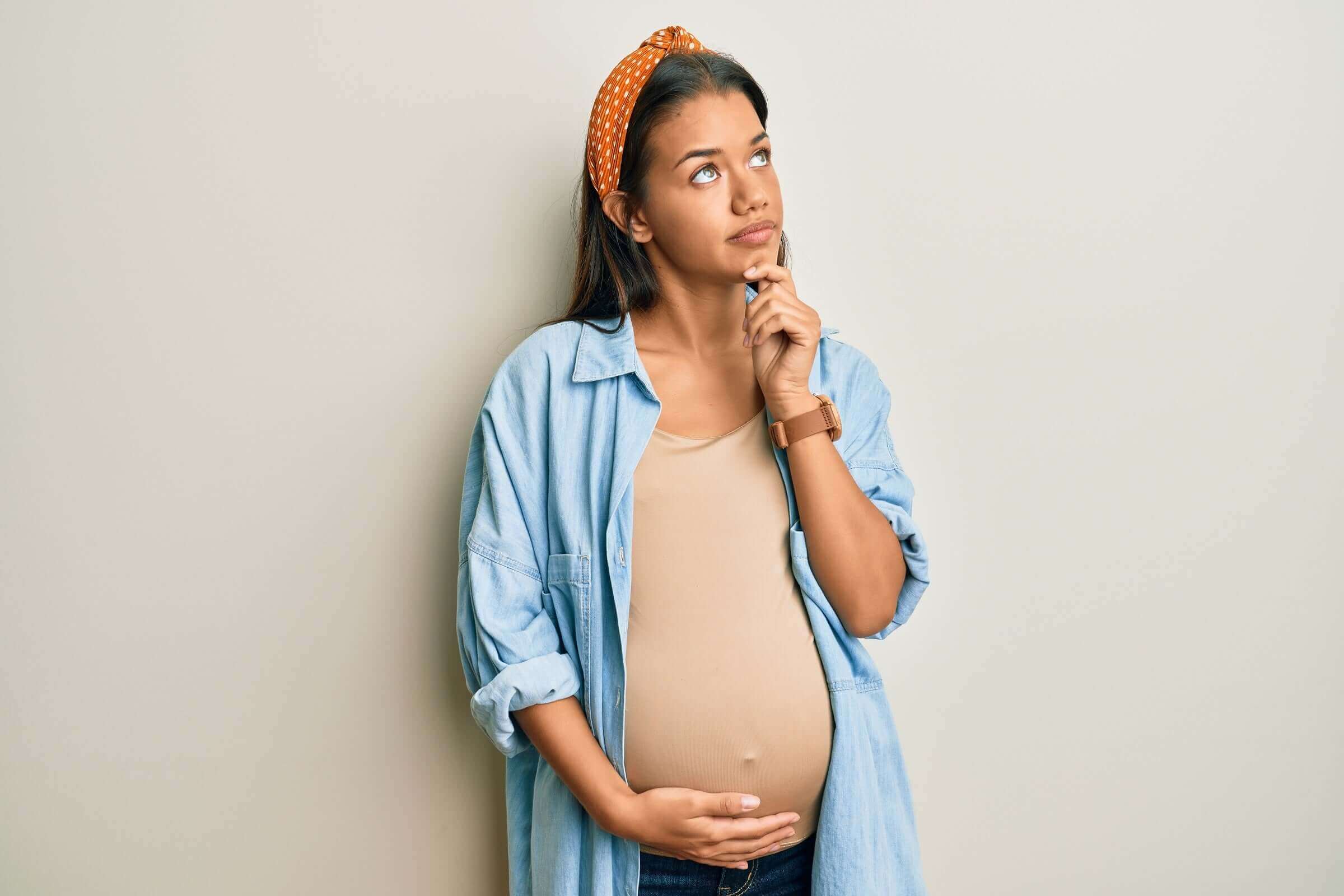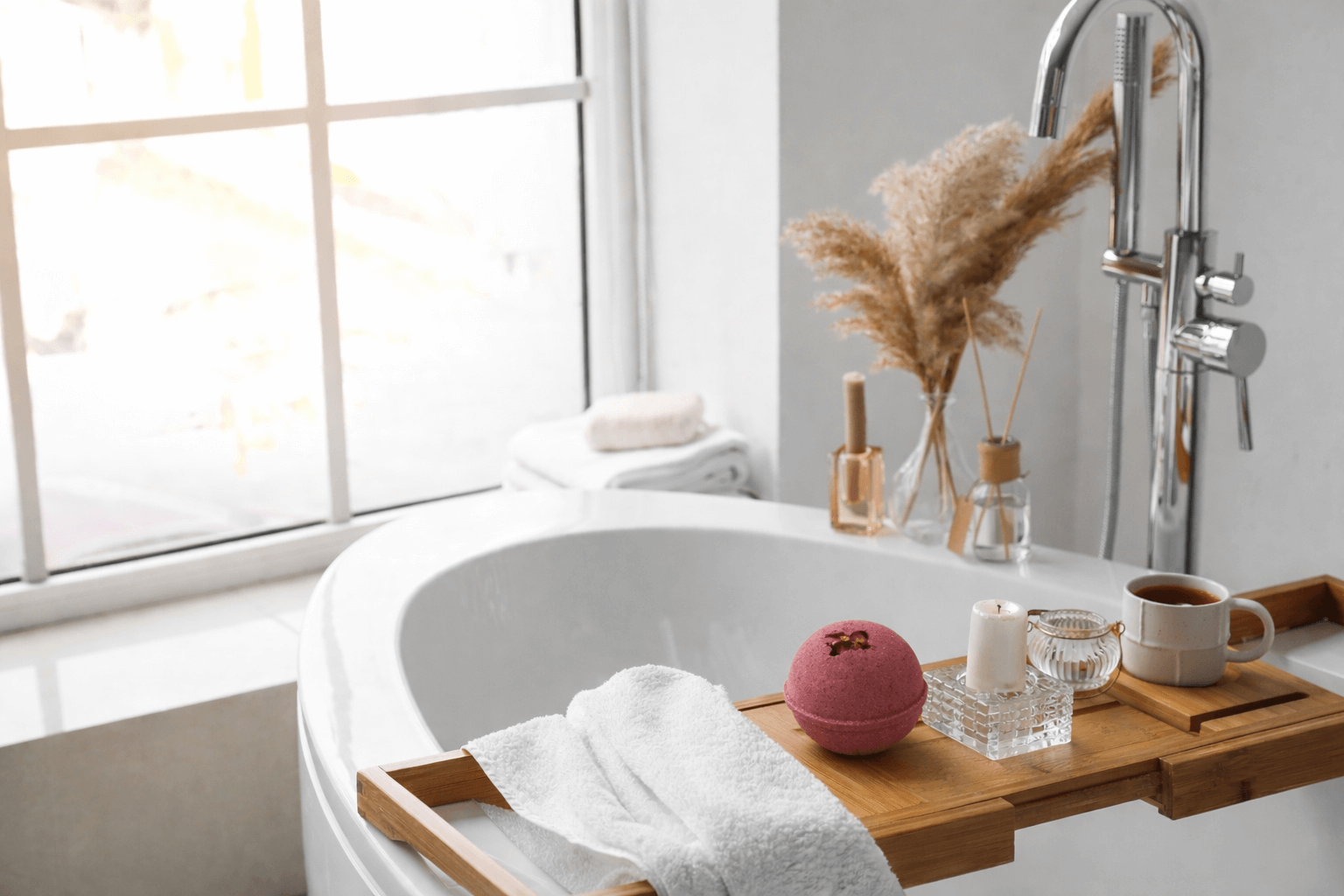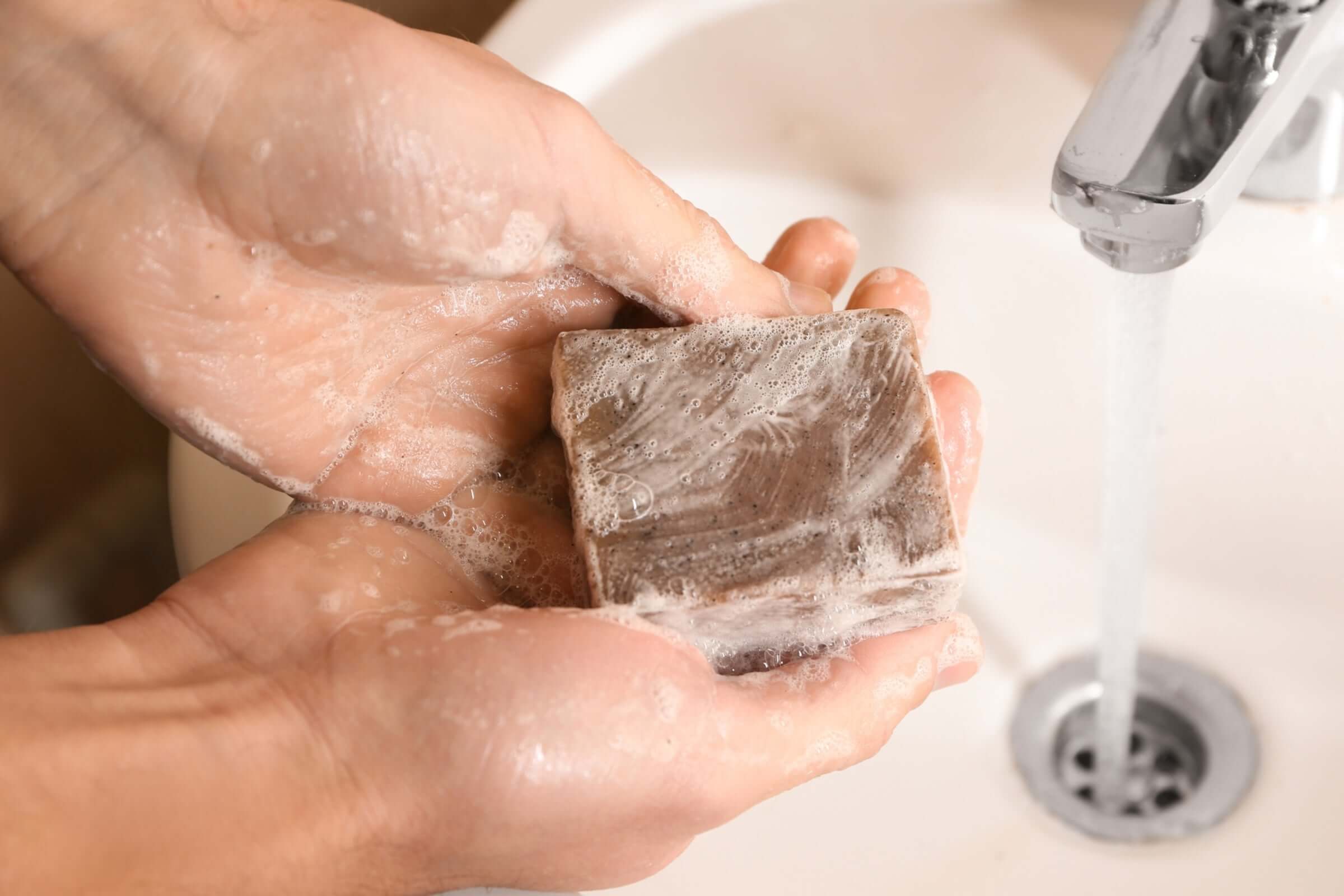Are CBD Products Safe for Pregnancy?

Pregnancy is a time when expectant mothers are extra cautious about what they put into their bodies. This concern for the well-being of their developing baby often leads them to scrutinize every product they use, including skincare and topical remedies.
In recent years, there has been a growing interest in the use of CBD products for various health and wellness purposes, including topical creams and soaps. However, the use of CBD during pregnancy is a topic that raises important questions and concerns. In this blog, we will explore the topic in detail, providing information to help expectant mothers make informed decisions about CBD use during pregnancy.
First, what is CBD?
CBD, or cannabidiol, is a natural compound found in the cannabis plant. Unlike its more well-known cousin, THC (tetrahydrocannabinol), CBD does not produce the psychoactive effects associated with marijuana use. Instead, CBD is often promoted for its potential therapeutic benefits, including pain relief, anxiety reduction, and anti-inflammatory properties.
Let's cut to the chase. Is CBD safe to use while pregnant?
In an article on thebump.com, there is currently no definitive evidence that definitively establishes the safety or lack thereof in using CBD during pregnancy. Numerous experts recommend taking a cautious approach and refraining from using CBD while pregnant until there is a more comprehensive understanding of its impact on both your body and the developing baby.
Nevertheless, even though there is no concrete evidence indicating that CBD use is unsafe during pregnancy, it's important to note that the FDA strongly advises against the consumption of cannabidiol (CBD), tetrahydrocannabinol (THC), or marijuana in any form during pregnancy or while breastfeeding.
It's crucial to understand the potential risks associated with using CBD and here are some key considerations:
Lack of Research: One of the primary challenges in assessing the safety of CBD topicals during pregnancy is the limited scientific research available. While there is a growing body of research on CBD's potential benefits, there is a notable absence of conclusive studies on its effects during pregnancy. This makes it difficult to provide concrete guidance on its safety.
Quality and Purity: The CBD market is largely unregulated, which means that the quality and purity of CBD products can vary significantly. Pregnant women considering the use of CBD topicals should choose products from reputable manufacturers and seek third-party lab testing results to ensure they contain what is advertised.
Interaction with Medications: As reported in an article on motherandbaby.com, CBD goes through a metabolic process in the liver. This could potentially create conflicts with other medications and standard bodily processes that utilize the same pathway. Such conflicts might result in increased levels of other medications in your bloodstream, raising the risk of bleeding. This situation can be particularly risky for pregnant women who are already facing challenging pregnancies and taking medications. It's crucial to consult with a healthcare provider before using CBD, especially if you are taking any other medications during pregnancy.
What about CBD topicals?
CBD products come in various forms, including oils, tinctures, capsules, edibles, creams, and, yes, even soaps. CBD topicals are meant to be applied to the skin, including roll-ons, salves, and serums. They are designed for external use to target localized areas of discomfort or inflammation. Reports are starting to pop up about CBD making waves in the skincare scene too, showing promise in tackling issues like acne, eczema, and boosting the skin's protective barrier. As a result, a bunch of beauty products infused with CBD have hit the market.
CBD topicals may seem like a boon for pregnant women, and it's understandable why. Pregnancy hormones and the added strain of a growing baby bump can take a toll on muscles, joints, ligaments, and even your skin. Not to mention, the stress of pregnancy can sometimes lead to acne troubles. The potential advantage of applying CBD topicals directly to your skin, as opposed to ingesting it, lies in the idea that the compound shouldn't enter your bloodstream.
In the same article on thebump.com, Cinnamon Bidwell, PhD, an assistant research professor at the University of Colorado Boulder who specializes in studying the effects of substance abuse on mental and physical health, pointed out that theoretically, targeting a specific area with a topical application could be beneficial for pregnant women. This approach should, in theory, avoid the systematic distribution of CBD through your nervous system.
So, for expectant mothers, does this suggest that CBD topicals are a safer choice?
Here are some factors to consider:
Topical Application: CBD topicals are applied externally to the skin, which means it does not enter the bloodstream as readily as other forms of CBD. This may reduce the potential for systemic effects on the fetus.
Quality Matters: Choose a reputable brand that provides lab-tested, high-quality CBD products. Look for products with clear labeling and Certificates of Analysis (COA) to ensure you're using a safe and reliable product.
Consult Your Healthcare Provider: Before using any CBD product during pregnancy, it is essential to consult with your healthcare provider. They can provide personalized guidance based on your specific health and pregnancy circumstances.
While it may sound like a good idea to slather on some CBD lotion during your pregnancy, it’s important to note that there is still potential for skin absorption and CBD topicals may reach the bloodstream, albeit minimal amounts. According to a consumer update by the FDA, during pregnancy, substances that enter the bloodstream can potentially affect the developing fetus. Although the absorption rate of CBD through the skin is generally low, it's a factor to consider.
If CBD topicals are still a no-go, what's the scoop on hemp seeds?
In the same consumer update, the FDA has just finished checking out specific food ingredients that come from hemp seeds, and they've given the green light for using them in food. It's worth mentioning that the stuff that can make you feel "high," like THC, is mostly in the hemp plant's flowers, leaves, and stems – not in the seeds. Even if hemp seeds pick up tiny amounts of THC and CBD from being close to the other parts of the plant, these amounts are so small that they're not a worry for anyone, including pregnant or breastfeeding women.
Our verdict?
The safety of CBD use during pregnancy remains a topic of debate and uncertainty due to the limited research available. When it comes to CBD topicals, the concerns still apply, but they may be less pronounced compared to other forms of CBD consumption.
Every pregnancy is unique, and what is safe for one expectant mother may not be safe for another. It's essential to consult with a healthcare provider before using CBD topicals or any other new products during pregnancy. They can provide personalized guidance based on your specific situation. Also, consider alternatives. If you're unsure about using CBD during pregnancy, consider alternative products that are specifically formulated for expectant mothers and have a proven safety track record.
As our understanding of CBD and pregnancy continues to evolve, staying informed and making choices that prioritize the health of both mother and baby is paramount.



